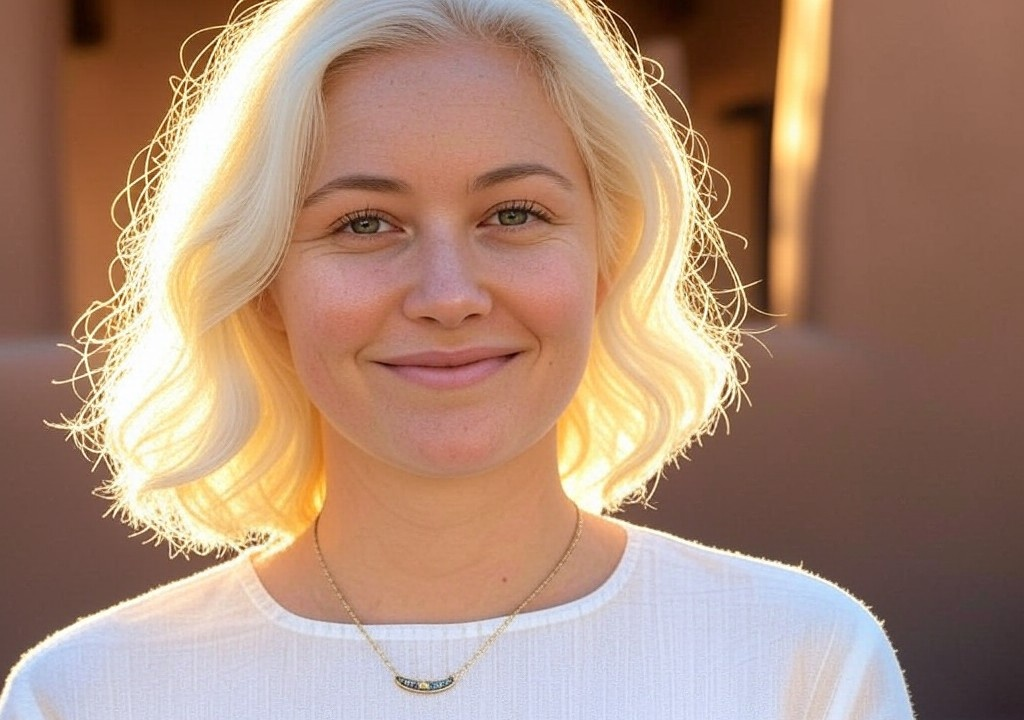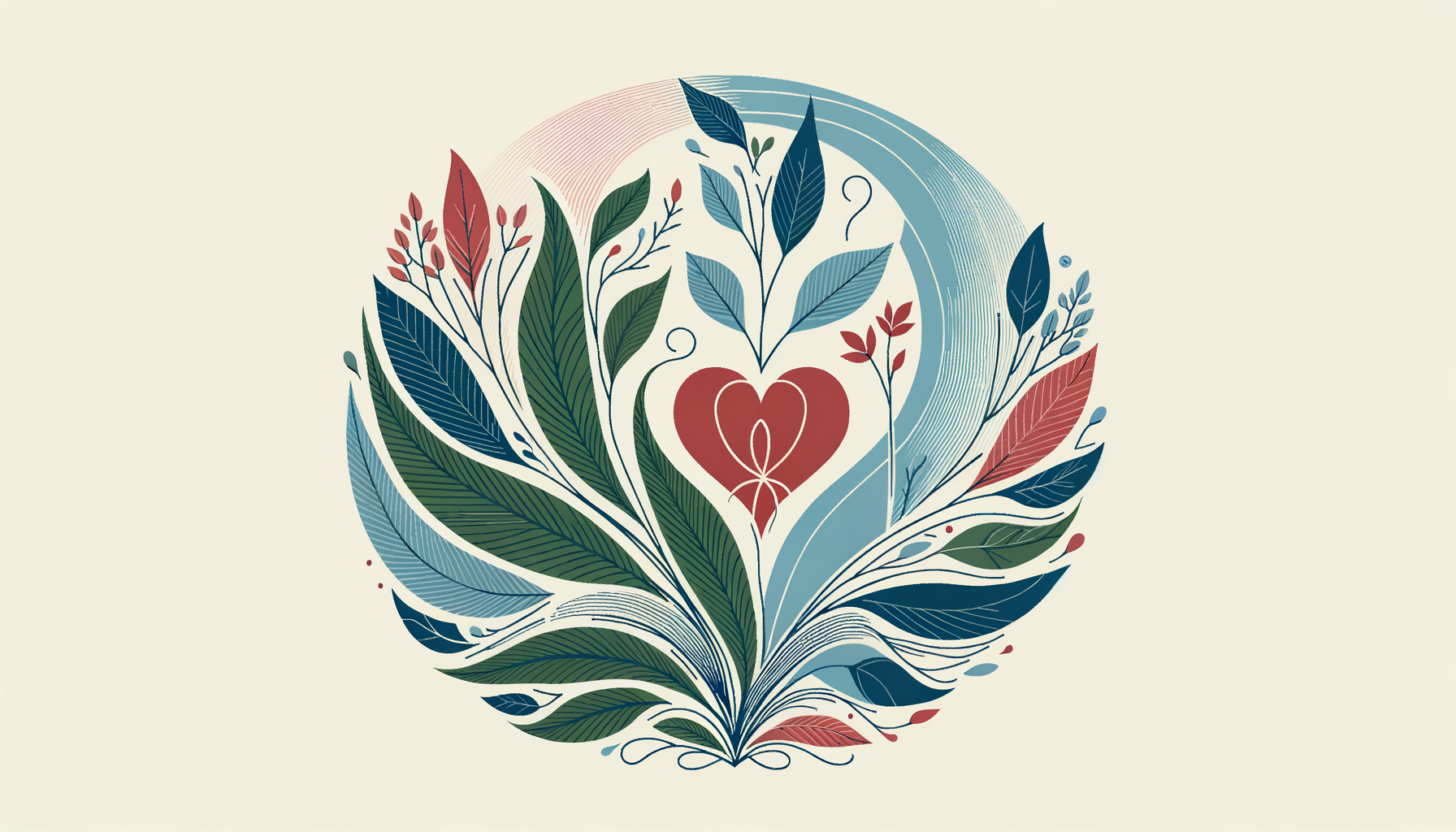The Day I Fell for Rilke
There’s a certain romance to growing up in the high desert—where every sunrise feels like an oil painting and the adobe walls seem to breathe along with you. But for all that beauty, the landscape of my early relationships was… well, let’s just say it resembled a tumbleweed. Awkward, aimless, occasionally entertaining but mostly prickly. That was, until I stumbled upon Letters to a Young Poet by Rainer Maria Rilke, a book that didn’t just change my love life but my entire way of seeing myself, connection, and intimacy.
I didn’t pick it up expecting an epiphany—honestly, I grabbed it off a dusty shelf at my parents’ gallery because the cover was pretty. (Yes, I was the art kid cliché in every sense.) Little did I know, this slim collection of letters written by a poet from 1900s Europe would hit me harder than any relationship advice column or Spotify breakup playlist ever could.
It wasn’t like Rilke dropped a glowing compass into my hands, pointing me toward Boyfriend Material. No, what he handed me instead was a mirror—a crystal-clear, no-BS sort of reflection that forced me to take a good, hard look at myself. And through that mirror, I learned that being loved isn’t nearly as important as becoming someone who loves deeply. Spoiler alert: that changes everything.
The Turning Point: Loving Yourself Isn't Just a Pinterest Quote
If you're not familiar with Letters to a Young Poet, here’s the gist: A young man writes to Rilke—already established as an extraordinary writer—asking for advice on becoming a poet. Instead of tips on syntax or rhyme schemes, Rilke responds with ten stunningly heartfelt letters packed with profound insights on art, solitude, and, of course, love. He basically tells the kid (and all of us by extension) that we aren’t running toward love. Instead, we’re standing still, holding it within us like a seed, and need to nurture it ourselves.
Here’s the kicker: “Do not expect any understanding; but believe in a love that is being stored up for you like an inheritance…” That line became my north star, reminding me that love isn’t about being validated or “completed” by someone else. It’s about building yourself so fully that when love shows up, it feels like an addition to your every-whole self, not something you needed to feel whole in the first place.
I remember reading that passage on a Saturday night when I was fresh out of a late-teens situationship so poorly defined it could’ve been titled We’re Sort of a Thing, But Like, Are We Really? and sold as a limited series on HBO. My ex was the kind of guy who’d leave “seen” on your messages for hours while he updated his Instagram Story. You know the type. I realized then that chasing people who barely knew themselves was like trying to hang fine art in a fixer-upper with no walls. “Make yourself the sturdy house first,” Rilke seemed to whisper across time.
How to Date Rilke-Style (Without Turning Into a Recluse)
Now, before you set up camp in the wilderness with a journal and candlelight, let me break down a few lessons I’ve carried into modern relationships thanks to dear Rainer.
-
Solitude Is Sacred, Not Scary: Rilke believes solitude is where we really get to meet ourselves. And while I won't lie to you and say I fully understood that while sobbing into a pint of Ben & Jerry’s post-breakup, it's something I’ve come to appreciate. Most of us fear being alone because we confuse solitude with loneliness. Trick of the trade? Romanticize the quiet moments. Think long walks, sketching with no agenda, or reading in your favorite corner of the coffee shop. The more comfortable you are on your own, the less likely you are to settle for someone just because “well, they texted back.”
-
Ask Questions, Wait for Answers: Rilke advises the young poet to “live the questions now.” That’s become my mantra not just in art but in relationships. Instead of endlessly worrying if a partner will change or situations will resolve, lean into uncertainty. When dating, I started asking questions like, “How does this person enrich my life?” Or, “Do I like myself more when I’m with them?” Trust that over time, the right answers—or people—will naturally present themselves.
-
Love Without Exhausting Yourself: Rilke writes, “A good marriage is one in which each partner appoints the other to be the guardian of his solitude.” While Santa Fe sunsets had already taught me poetry, this line taught me boundaries. Real love doesn’t deplete—it supports. If you feel like a human life raft every time your relationship hits a storm, it might be time to stop paddling in circles. Only intertwine your life with someone when both of you can stand strong on your own first.
Modern Lessons in an Old-School Romance
Okay, confession time. Dating in Santa Fe, where almost everyone's idea of a “night out” involves turquoise jewelry and mezcal margaritas, has been more of an adventure than a kinship dance. But with Rilke’s words tucked in my pocket, I slowly stopped looking at dating as a mad dash toward “the one” and began seeing it as an extension of my own self-discovery.
Take my partner Javi, for instance (yes, I finally found him, and spoiler: he texts back promptly). We bonded not because we met all each other’s criteria on paper but because we were both actively tending to our inner gardens, much like Rilke prescribes. He works with ceramics, turning lumps of clay into swirling forms, and I think part of why we work is because we don’t ask each other for wholeness. Instead, we inhabit the simple joy of being whole alongside each other.
On our first date—over blue corn enchiladas, naturally—I threw down my favorite Rilke quote just to see how he’d take it: “For one human being to love another is perhaps the most difficult task we’ve been entrusted with.” Javi just smiled and said, “Challenge accepted.” Reader, I melted harder than queso under a broiler.
Your Show, Not Theirs
If there’s one truth I want to leave you with, it’s this: Your love story—whether it’s a partnership, your family, your friends, or even just the sacred relationship with yourself—is exactly that: yours. Rilke taught me that love doesn’t conform to any single script, that it’s not something you chase or force or cobble together like haphazard shelf-installation instructions. Instead, it’s something you nurture quietly within, waiting for its right moment to bloom.
So, consider this your permission slip to put down the self-improvement checklist and pick up a different practice: patience. Turn your focus inward, become curious about yourself, and, dare I say, fall a little in love with the person you’re discovering. It’s not about waiting for someone to fill your gaps—it’s about learning the art of holding steady, accepting that sometimes, the work is messy, the timing unpredictable. But when it does happen? It’s beautiful.
Until then, I recommend reading Letters to a Young Poet. Who knows? It might just change your life too—tumbleweed phase and all.




















